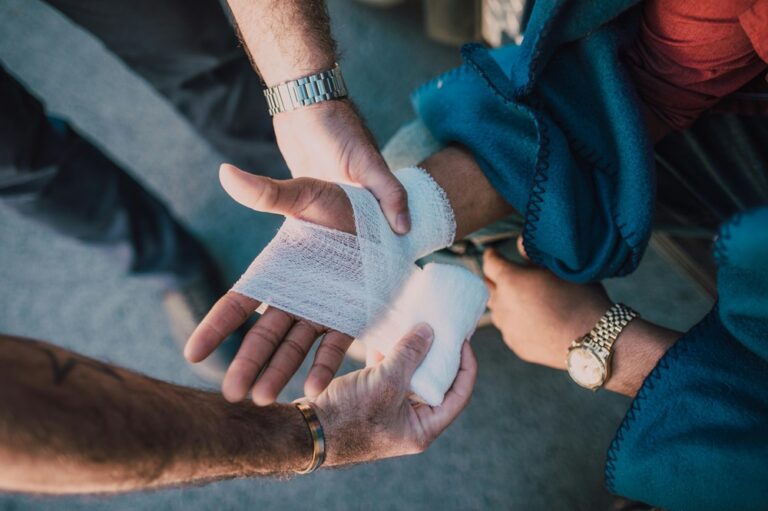Accidents often occur within seconds, but leave their victims to cope with the consequences for a long time to come. Sadly, some victims never recover from the outcome of these accidents, as they may have to contend with permanent disability. To offer a silver lining to victims, the law allows them to seek compensation from the at-fault party, provided they meet the legal requirements.
However, because a personal injury does not always guarantee compensation, you need to understand what personal injury law in Texas entails. This article serves as an overview for beginners, thereby helping them learn what personal injury law is and when to consult a lawyer.
What Personal Injury Law Covers in Texas
Personal injury law allows individuals to seek compensation when they have suffered harm because of another person’s negligence or intentional reckless conduct. “In Texas, this area of law is expansive and covers situations such as car accidents caused by distracted, reckless, or drunk drivers and premises liability cases, like slip-and-fall incidents, where unsafe property conditions cause injury,” says Texas personal injury lawyer Felix Gonzalez of Felix Gonzalez Accident and Injury Law Firm. It also includes workplace accidents that may not always fall under workers’ compensation, as well as medical malpractice that occurs when healthcare professionals fail to meet the standard of care.
Understanding what falls under personal injury law is the first step when faced with an incident. To determine whether you have a valid case that you can claim compensation for, you need to establish negligence and prove damages.
Negligence and Damages: The Building Blocks of a Case
For a personal injury claim to be successful in Texas, victims must prove that someone who owed them a care duty breached that duty, directly resulting in their injuries. They must also demonstrate that the individual suffered measurable harm, including medical bills and lost wages, among other consequences.
Texas also follows a modified comparative negligence system, which means that if you are found partially at fault for your own injury, it may reduce your compensation. For instance, if you were 20 percent responsible for a car accident, it reduces your compensation by that same percentage. If found to be more than 50 percent responsible for an accident, you may not recover damages at all.
Why Timing Matters in Personal Injury Cases
Acting immediately after a personal injury incident in Texas is more of a sign of wisdom than it is of desperation. First, you must understand that the other party will deny liability, which can reduce the payout amount. Then, the statute of limitations immediately begins to count down after the accident and can render your claim statute-barred if filed after the set time.
Therefore, you must immediately get to work by gathering evidence and speaking with a Texas personal injury attorney after an accident.
When to Speak to a Personal Injury Attorney
Many people wonder if they need a lawyer immediately after an accident. While not every situation requires an attorney, there are clear signs that you should seek legal guidance:
- Severe Injuries or Long-term Medical Treatment: If your injury is severe or expected to impact your future health and ability to work, you should speak to an attorney right away.
- Disputed Liability: If the other party denies responsibility or blames you, legal representation can protect your rights.
- Insurance Company Pressure: If you feel rushed to settle or confused by paperwork, a lawyer can step in.
- Complex Cases: Medical malpractice, workplace injuries, and product liability claims often require detailed legal expertise and the testimony of expert witnesses.
The truth is that even if you are unsure whether you have a case, an initial consultation with a personal injury attorney can provide clarity.
Conclusion
Personal injury cases in Texas can be complex, but understanding the basics of negligence, damages, and the applicable statute of limitations provides a strong foundation. If you or a loved one has received injuries, do not wait until deadlines approach or insurance companies pressure you into a low settlement. Reach out to a qualified personal injury attorney in Texas to discuss your options.






